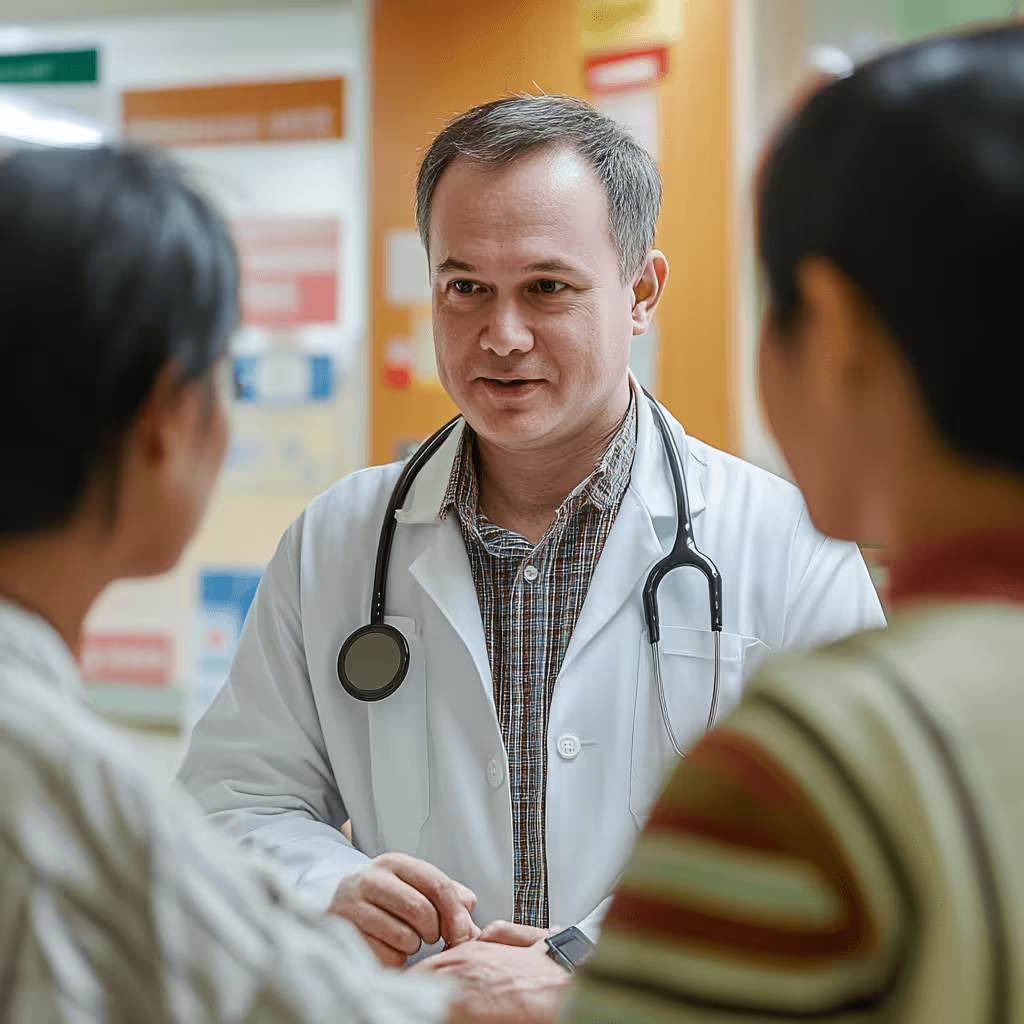April 1, 2022

Moving to Singapore as a foreign doctor brings exciting career opportunities, but adjusting to a new medical culture can be challenging. With its diverse population and multicultural workforce, Singapore’s healthcare environment requires doctors to understand workplace dynamics, patient expectations, and communication styles.
Adapting successfully involves more than just medical expertise. Foreign doctors must develop cultural awareness, professional etiquette, and an understanding of patient behavior to integrate smoothly into Singapore’s healthcare system.
Singapore’s medical sector reflects the country’s diversity. Doctors interact with patients from different ethnic backgrounds, including Chinese, Malay, Indian, and expatriate communities. Each group brings unique health beliefs, traditions, and expectations about medical care.
For example, traditional Chinese medicine influences many patients’ health choices, while religious considerations may shape attitudes toward treatment. Being open to these perspectives helps build trust and improves doctor-patient relationships. Doctors unfamiliar with local cultural nuances may face miscommunication or resistance to treatment recommendations. Understanding the patient’s background before prescribing treatments can enhance cooperation and improve health outcomes.
A report from the National University of Singapore highlights how incorporating cultural awareness into medical training helps doctors adjust more effectively to their new work environment (Source).
While English is the primary language in Singapore’s hospitals, patients often speak additional languages, including Mandarin, Malay, and Tamil. Misunderstandings can occur when medical terms are lost in translation.
Doctors should be mindful of non-verbal cues as well. In some cultures, direct eye contact can be seen as confrontational, while in others, it signals confidence and attentiveness. Adapting to these subtle differences helps create a more comfortable patient experience.
Singapore Medical Association research suggests that active listening and patient-centered communication are crucial for building trust in a diverse medical setting (Source).
Singapore’s healthcare system is highly structured, emphasizing teamwork, hierarchy, and efficiency. Foreign doctors must learn to navigate these workplace norms while maintaining professional relationships.
A collaborative approach is essential. Medical teams in Singapore rely on structured protocols and clear delegation of responsibilities. Foreign-trained doctors who are used to different hospital cultures may need time to adjust to the expectations surrounding reporting, decision-making, and patient management.
A smooth transition often depends on mentorship from senior colleagues and participation in team discussions. Hospitals frequently offer orientation programs to help new doctors understand workplace expectations and hospital policies.
Learn about local healthcare practices – Understanding Singapore’s medical protocols and patient expectations helps foreign doctors adjust quickly.
Observe and adapt workplace communication – Paying attention to how colleagues interact helps doctors integrate seamlessly into their teams.
Engage with diverse communities – Getting involved in social or professional networks outside of work can provide valuable cultural insights.
Use professional resources – Singapore’s medical associations offer support networks, mentorship programs, and cultural training workshops for foreign doctors adapting to local practice standards (Source).
Respect cultural sensitivities – Being aware of patients' cultural and religious perspectives fosters stronger doctor-patient relationships.
Adjusting to a new culture takes time, but doctors who embrace Singapore’s multicultural healthcare environment will find professional growth and rewarding patient interactions. Understanding workplace expectations, respecting cultural differences, and improving communication skills will ensure a smooth transition into Singapore’s medical community.
Join our weekly digest and be the first one to know about new articles.